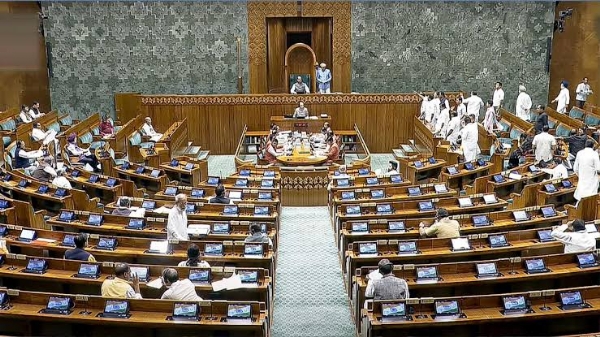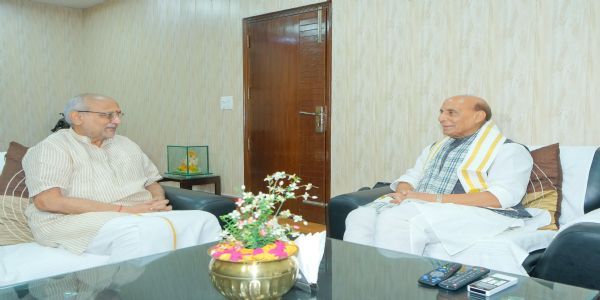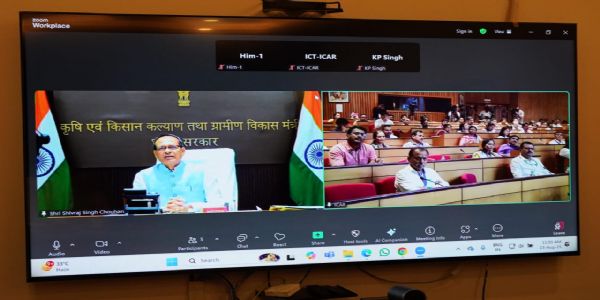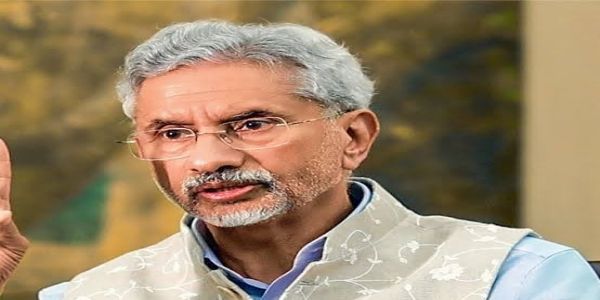
New Delhi,August 21(HS): The Monsoon Session of Parliament, which commenced on July 21, drew to a close today after nearly a month marked by intense debates, interruptions, and consequential legislative progress. Throughout its tenure, both the Lok Sabha and Rajya Sabha experienced frequent adjournments, predominantly due to sustained protests spearheaded by the Opposition.
Central to the Opposition’s unrest was their demand for a thorough discussion on the contentious voter list revision in Bihar ahead of its impending Assembly elections. They accused the Election Commission of India, along with the ruling BJP, of orchestrating attempts to manipulate the electoral rolls, allegations that fueled parliamentary turmoil.
Despite the disruptions, several significant bills saw the light of day. Notably, the Lok Sabha passed the Promotion and Regulation of Online Gaming Bill, 2025, aiming to provide a structured framework for the burgeoning online gaming sector, including e-sports and educational and social gaming platforms. The bill places particular emphasis on regulating real-money gaming activities such as poker, introducing stringent compliance norms.
Union Home Minister Amit Shah was also pivotal in shaping the session’s legislative agenda. He introduced three critical bills: The Government of Union Territories (Amendment) Bill 2025, the Constitution (One Hundred and Thirtieth Amendment) Bill 2025, and the Jammu and Kashmir Reorganisation (Amendment) Bill 2025. Among these, a landmark piece of legislation mandates the resignation and removal of elected representatives—including the Prime Minister, Union and state ministers, and Union Territory officials—if they are detained for 30 consecutive days on serious criminal charges carrying a minimum jail term of five years. This stringent measure, aimed at enhancing political accountability, was referred to a Joint Parliamentary Committee (JPC) for detailed scrutiny, with provisions for the Opposition to present their views thoroughly.
As today’s final sitting convenes at 11 a.m., the Monsoon Session’s legacy is one of fervent democratic contestation and significant policy strides. While opposition voices echoed robust demands for transparency and electoral integrity, the government pushed ahead with transformative reforms targeting governance, political ethics, and the digital economy.
Looking ahead, all eyes are now on the forthcoming parliamentary session, where the JPC’s report and further debates on these pivotal bills promise to shape India’s legislative and political landscape profoundly. This Monsoon Session highlighted the complex interplay of democracy, dissent, and decision-making—a testament to the vibrant but challenging nature of India’s parliamentary politics.
---------------
Hindusthan Samachar / Jun Sarkar








